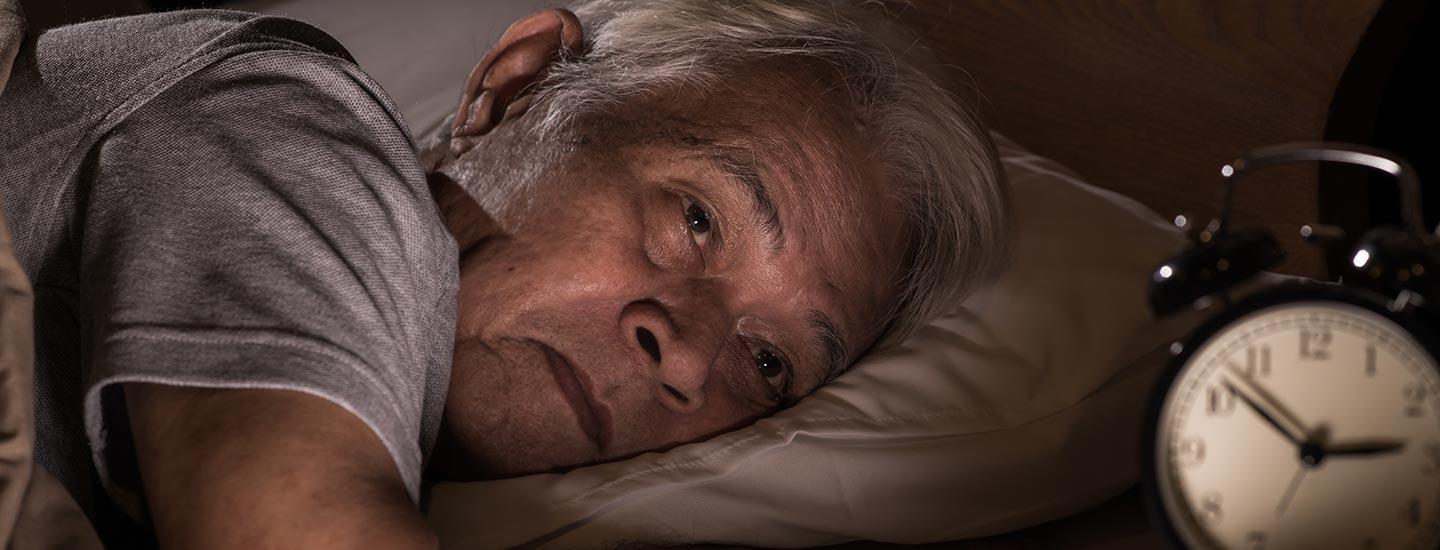
( 5) “Some people have this misunderstanding that if I can’t sleep, then I should spend more time in bed to try to get myself to sleep,” Aouad says. The therapy also involves sleep restriction.
#Insomnia help now how to#
Think of it as reteaching your body how to sleep. “Really, the basis of it is providing education, talking about sleep drive and teaching people things like stimulus control and avoiding anything stimulating around bedtime,” Aouad says. ( 4)Ĭognitive behavioral therapy focuses on teaching techniques to help you relax, control your breathing and mood, slow down your racing mind, and get to sleep. ( 3) “The benefits of cognitive behavioral therapy, a specific type of counseling to help with the anxiety around sleep that comes with chronic insomnia, have been shown to far outlast medication,” Aouad explains.Īccording to a 2012 study, cognitive behavioral therapy is better at improving sleep efficiency than common drugs, and led to an extra 30 to 60 minutes in sleep time when the two treatment strategies were compared. While there are some appropriate uses for prescription sleep aids (if they are used correctly), they can come with extremely dangerous side effects, and they tend to be highly addictive. “Medication will help you as long as it’s in your system, so that’s a day or two,” she says.

Aouad says it’s a better option than medication. If improving sleep hygiene and other lifestyle changes alone don’t help with your sleep, the next step is cognitive behavioral therapy to improve sleep and reverse chronic insomnia. “Leave the bedroom and do something boring,” she says, such as washing the dishes or folding laundry until you start to feel tired. You can start to work yourself up and associate the bed with not sleeping, making it tougher to fall asleep like you want to do. “If it’s been 20 minutes and you’re frustrated you’re not asleep and you’re thinking, ‘Why am I not asleep yet?’ or ‘I need to do this, this, and this tomorrow’ - that’s counterproductive,” Aouad says.


Estimates suggest between 1 in 10 and 1 in 3 people suffer from some degree of insomnia, which is having trouble with either falling asleep, staying asleep during the night, or waking up earlier than you intend to in the morning (or a combination of the above). You feel like you’re cursed, but you’re not alone. You lie awake at night staring at the ceiling.


 0 kommentar(er)
0 kommentar(er)
